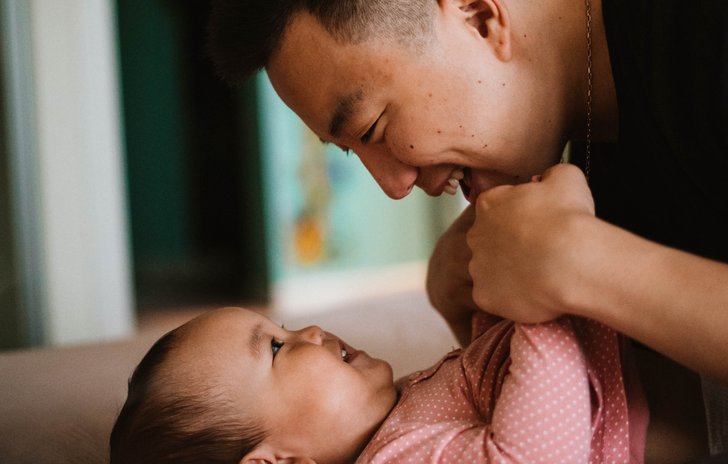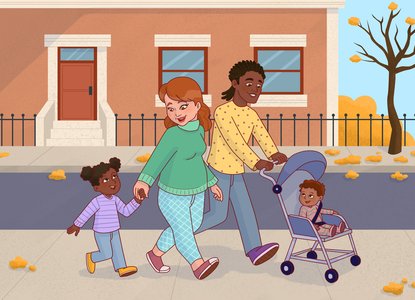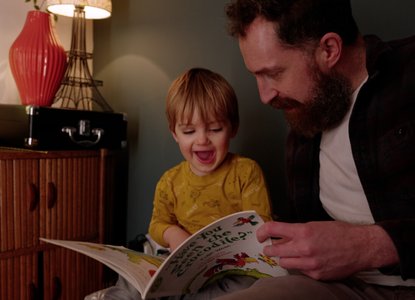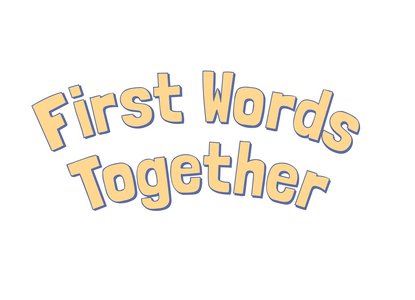Helping your baby learn to speak
The best way to help your child learn to speak, is to talk to them as much as possible in the language you know best.
Babies start to hear and identify the sounds different languages make before they are even born, and when they first start to babble they have the ability to make the sounds needed for any language. Babies learn to make sounds by copying the speech of people around them. So whatever language you speak at home, it’s important that you chat and sing with your baby as much as you can from the very start.
Try these simple steps
You can chat about what you’re doing, the sounds you hear, and things your children notice. When you’re not chatting about your daily activities, you can also:
- Sing songs and rhymes together, in the language you know best.
- Look at books together and chat about the pictures. Your local library may have dual language books available to borrow too!
It’s really important that you speak to your children in the language you know best and feel most confident with. This is how children will learn to talk and connect with their family. If children know their first language/s well, it will help them to learn additional languages, such as English, too.
If your child uses English words when they talk to you, repeat what they said in your language. This will help your child learn words in both languages.
Is it ok to speak more than one language at home?
Yes, absolutely! This will help your children learn to talk, and if your children know their home language/s well, it will make it easier for them to begin to learn English.
Where can I find bilingual content to help my children learn to talk?
Resources from our Start for Life campaign are available to listen to and read in 19 languages:
- Our Walk and Talk trail is filled with tips and ideas for chatting with your child when you’re out and about.
- Our Chat, Play, Read booklet offers fun and simple activities to complete at home, which will help your children develop their language and communication skills.
- Our Little Moments Together cards are filled with tips and conversation ideas to help you chat to your 0-2 year old throughout the day.
Where can I find support for my multilingual family?
Tiny Happy People offer lots of advice on supporting multilingual language development. Find out more on their website.




